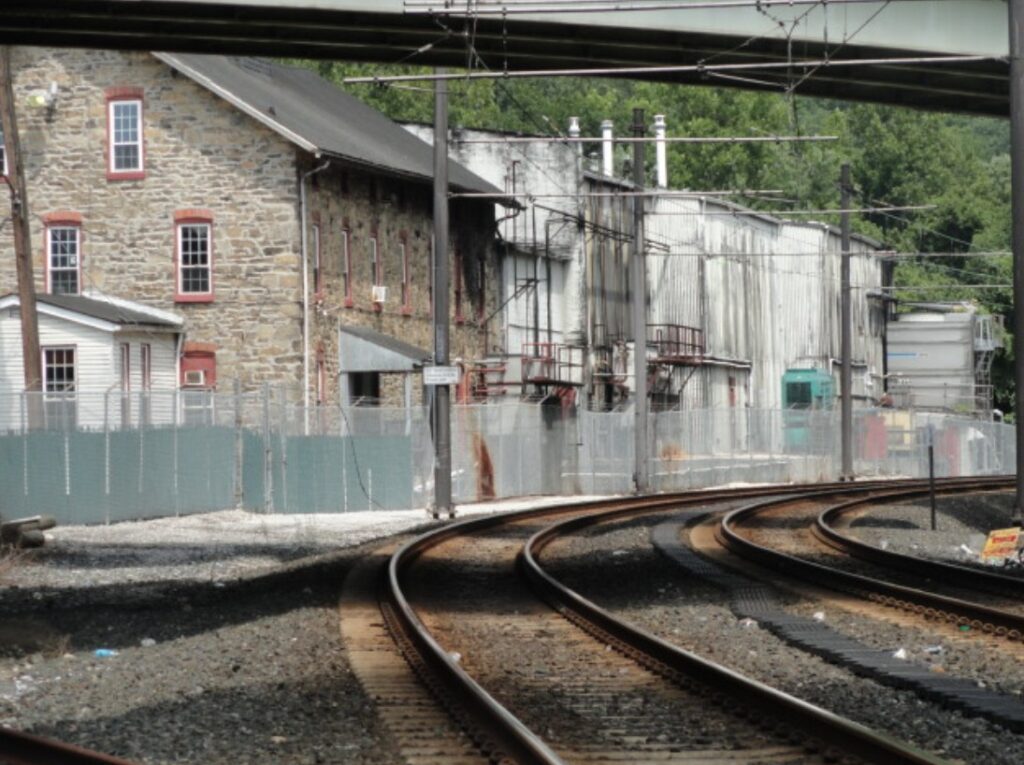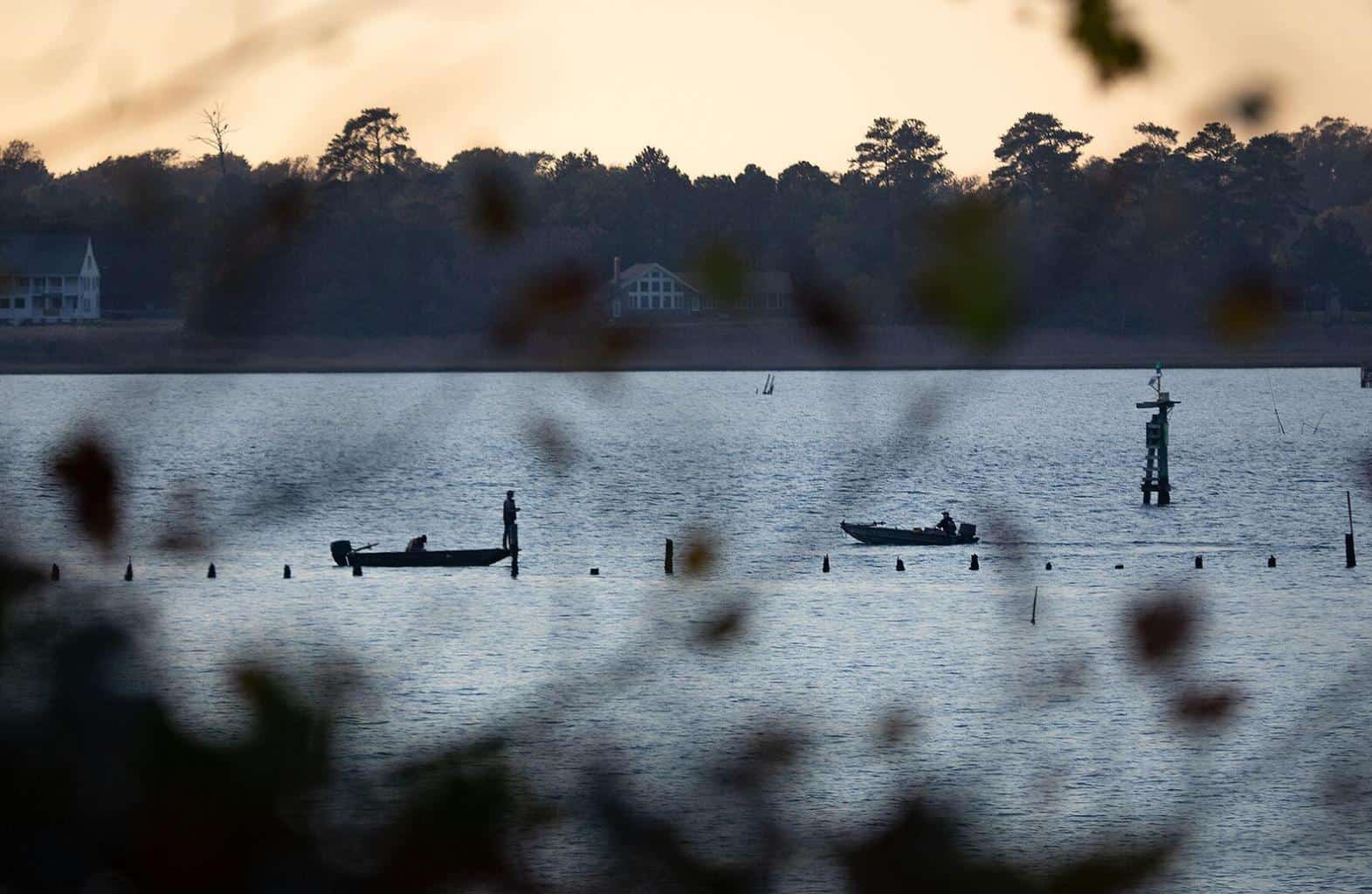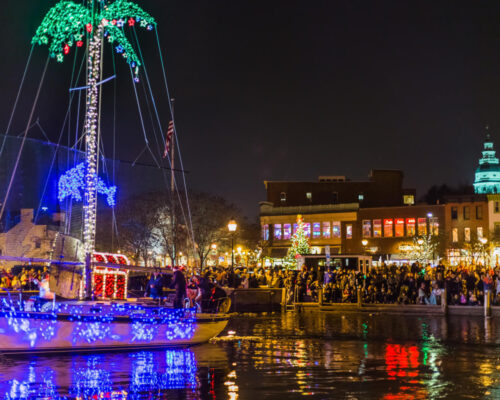Pollution watchdog group Blue Water Baltimore has reached a settlement with the vinegar maker accused of discharging pollution that caused fish kills in the Jones Falls, which feeds the Inner Harbor and the Patapsco River.
Fleischmann’s Vinegar Company, the largest vinegar maker in the world, is owned by Irish food company Kerry Inc. Blue Water Baltimore and its attorneys, Chesapeake Legal Alliance and Saul Ewing, LLP, filed a federal lawsuit against the company and Kerry’s corporate parent in 2023 for alleged acetic acid discharges and other pollution.
Blue Water Baltimore says it was investigating reports of a fish kill near the facility at 1900 Brand Avenue back in 2021 when it discovered acidic discharge flowing through cracks in the vinegar plant’s walls—directly into the Jones Falls. They say testing confirmed the acetic acid was bringing down the stream’s pH levels.
Shortly after the federal lawsuit was filed, Fleischmann’s announced it would no longer manufacture vinegar in the problematic building.
Under the settlement, Fleischmann’s will pay more than $1.3 million to resolve the case, including $865,000 for projects to restore the Jones Falls stream, $25,000 in penalties to the U.S. Treasury and reimbursements to Blue Water Baltimore for court fees.
“This all began with a single call to our pollution reporting hotline, and it’s proof that one person can make a difference to protect their waterways,” said Alice Volpitta, Baltimore Harbor Waterkeeper with Blue Water Baltimore. “Blue Water Baltimore is going to keep holding polluters accountable.”
The vinegar maker must also “begin decommissioning activities at the facility immediately”, Blue Water Baltimore says, and continue monitoring to make sure no more pollution is entering the Jones Falls.
Fleischmann’s Vinegar Company’s website no longer shows the Baltimore facility on its map of U.S. locations. Founded in the 1920s, the company defines itself as “a developer and owner of ingredient production technology and a manufacturer of natural, specialty liquid ingredients.” Its vinegars are used in the food and beverage, industrial, and agricultural industries around the world.
At the site of its Baltimore facility, a stone structure had been established in the 1830s. The Melvale rye whiskey distillery was constructed atop that stone structure in the 1880s and it eventually became Fleischmann’s Vinegars. According to Blue Water Baltimore, there were multiple problems with the old building: “It was constructed directly on top of the Jones Falls, was missing its roof in large sections, and had drain holes in the floor that were dye tested and proven to connect directly to the stream in multiple locations.”
At the time of this article’s publication, Fleischmann’s and Kerry, Inc. had not responded to Chesapeake Bay Magazine‘s request for comment.
Fleischmann’s also faces Maryland Department of the Environment enforcement actions for violating its discharge permit, and settlement negotiations are still underway in that case.




